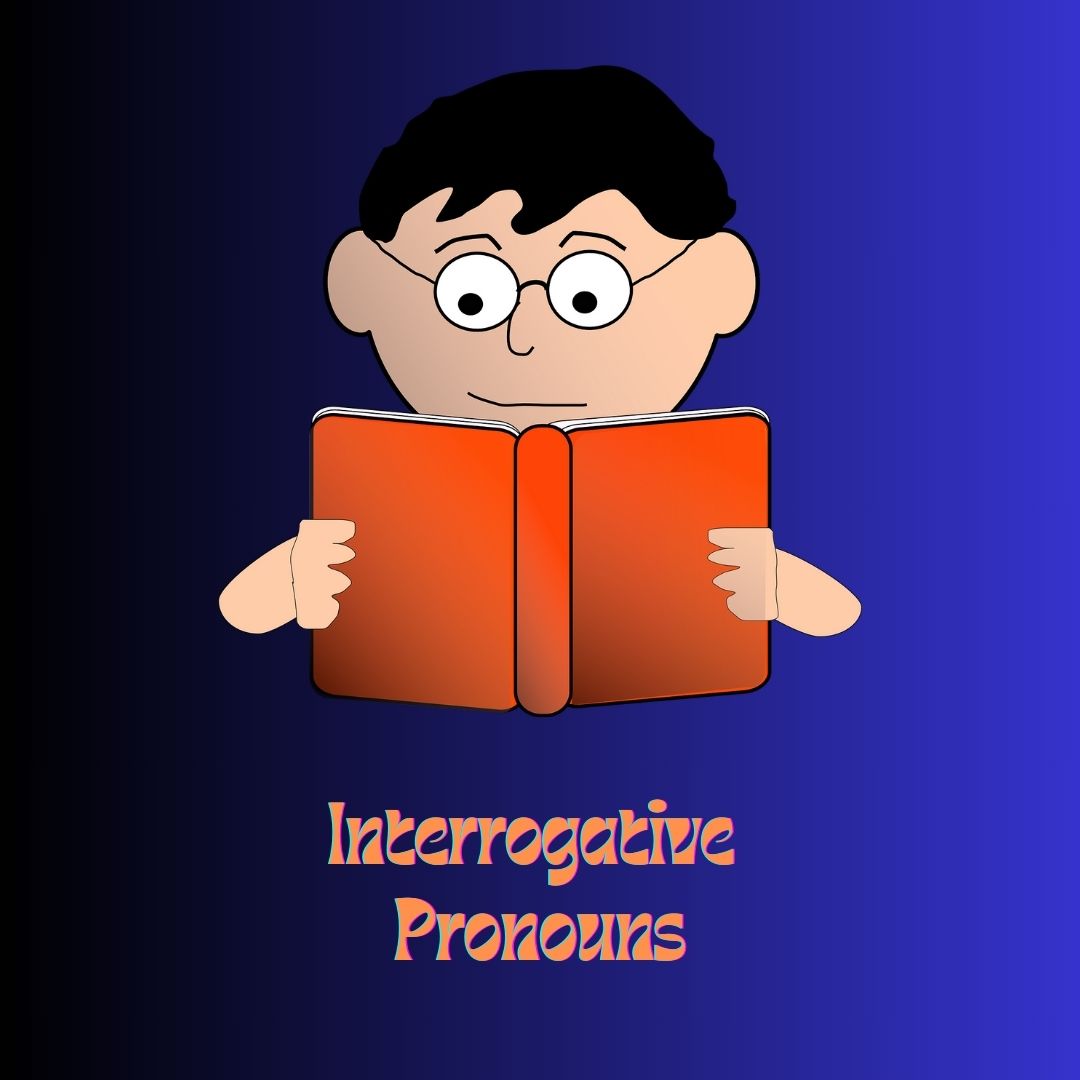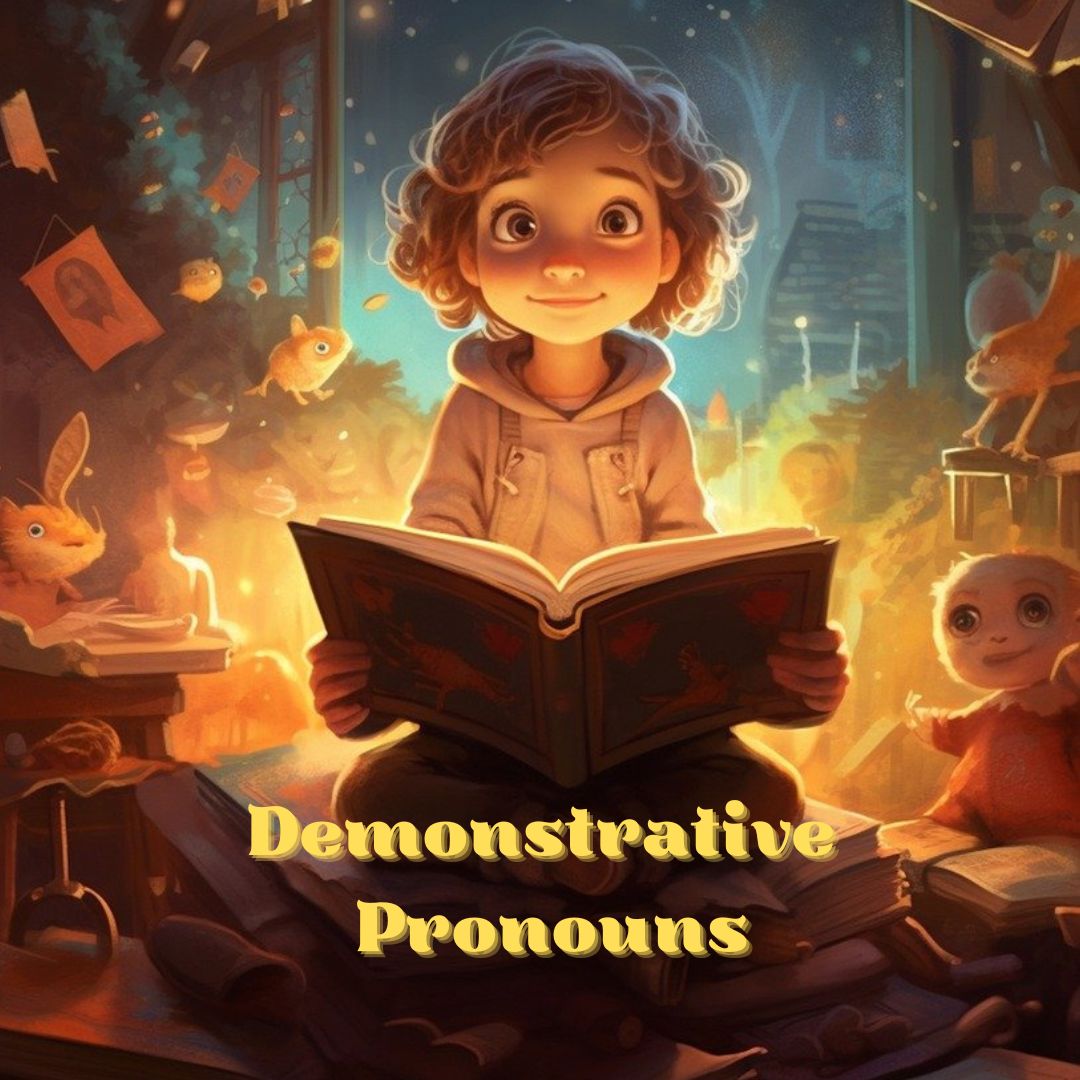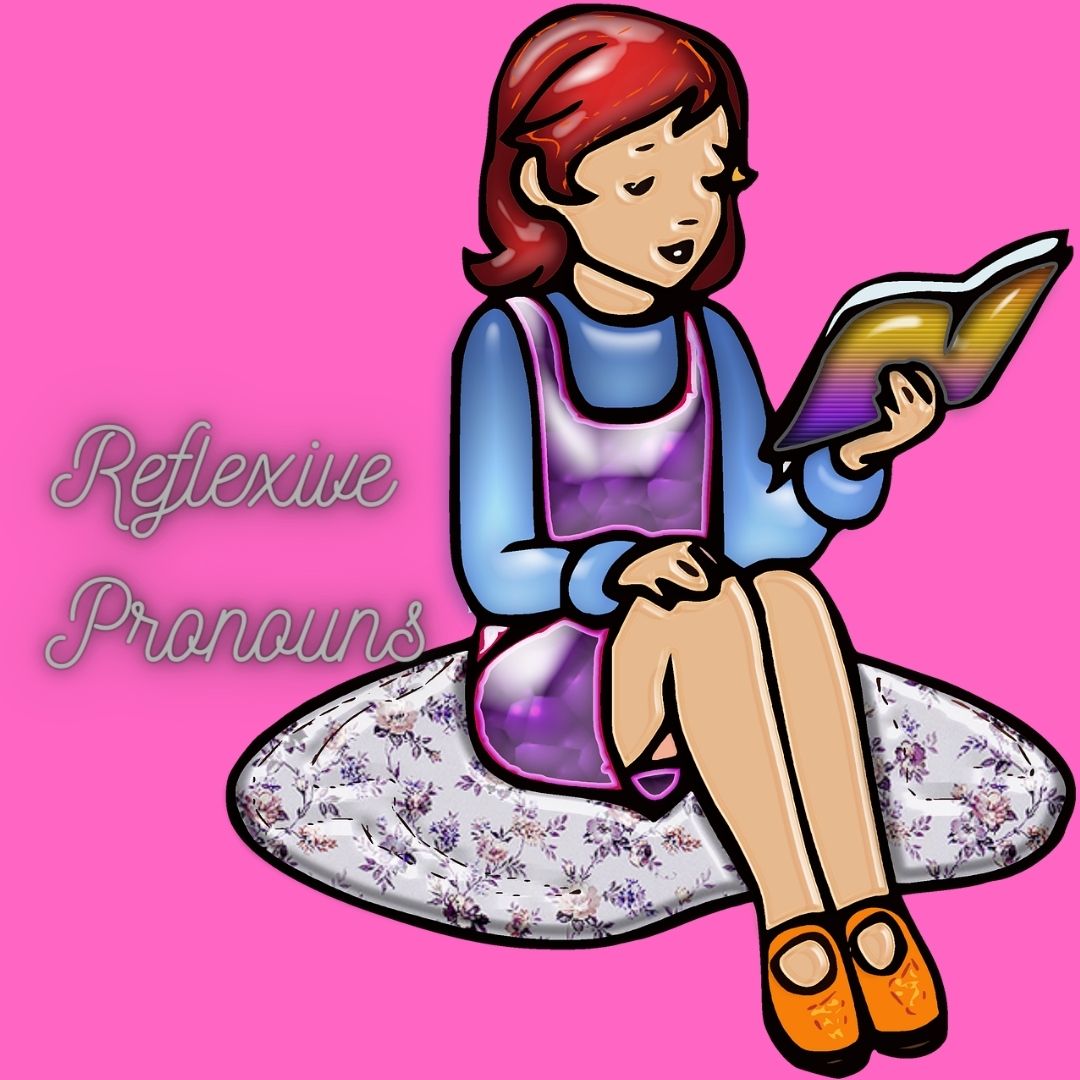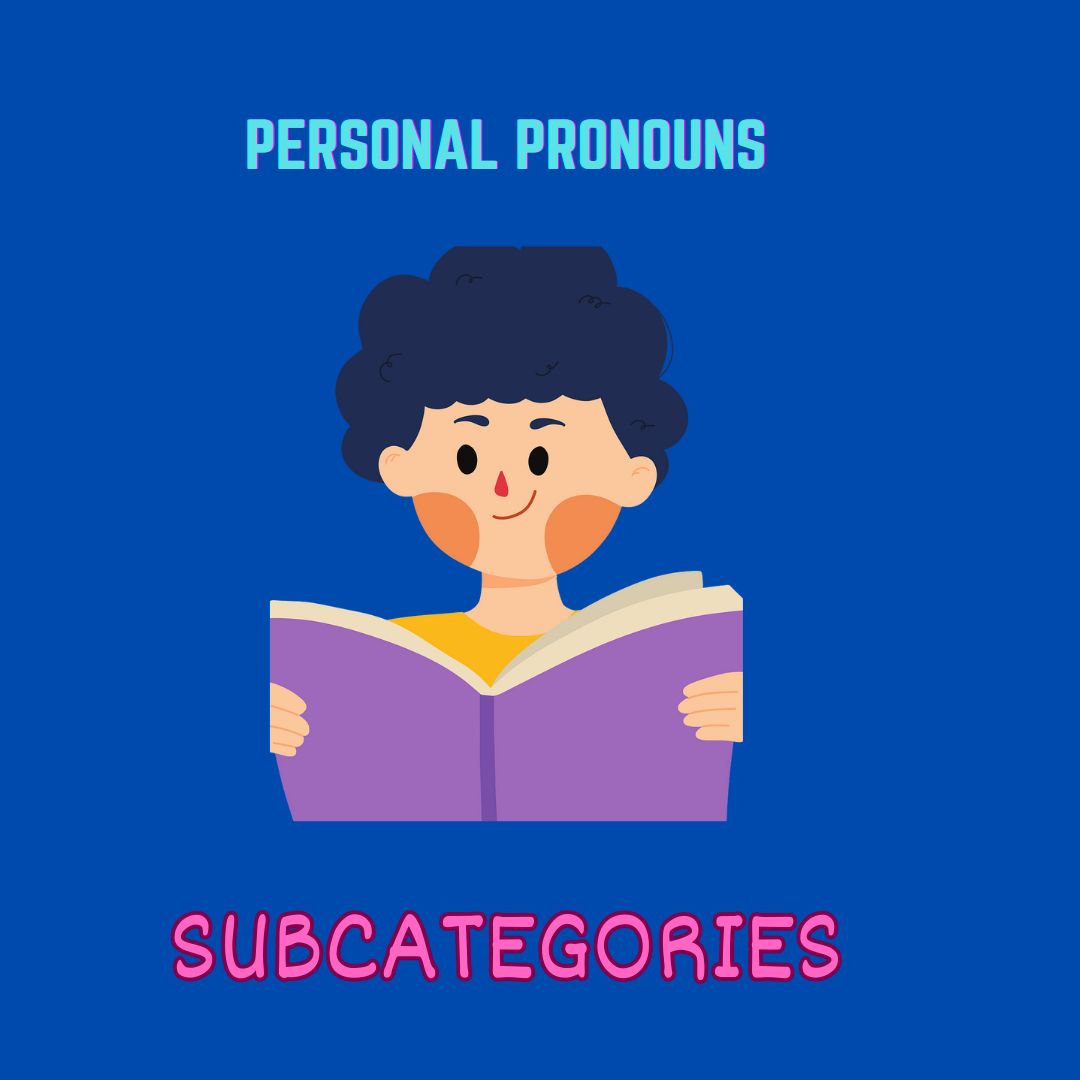Category: grammar

Relative Pronouns
Relative pronouns introduce dependent clauses that modify nouns or pronouns in a main clause. Relative pronouns include: who, whom, whose, which, and that. The choice of which relative pronoun to use depends on the role of the noun or pronoun it is replacing.

Interrogative Pronouns
In general, interrogative pronouns are used to form questions in English.They are the followings; who, whom, what, which, whose.

Demonstrative Pronouns
There are four demonstrative pronouns in English: this, that, these and those. This and that are used to refer to singular nouns, while these and those are used to refer to plural nouns.

Reflexive Pronouns
Reflexive pronouns are used when the subject and object of a sentence refer to the same person or thing. The reflexive pronouns in English are myself, yourself, himself, herself, itself, ourselves, yourselves and themselves.

Personal Pronouns and their subcategories
Personal pronouns can be further classified into three subcategories: Subjective pronouns (I, you, he, she, it, we, they) Objective pronouns (me, you, him, her, it, us, them) Possessive pronouns (mine, yours, his, hers, its, ours, theirs)